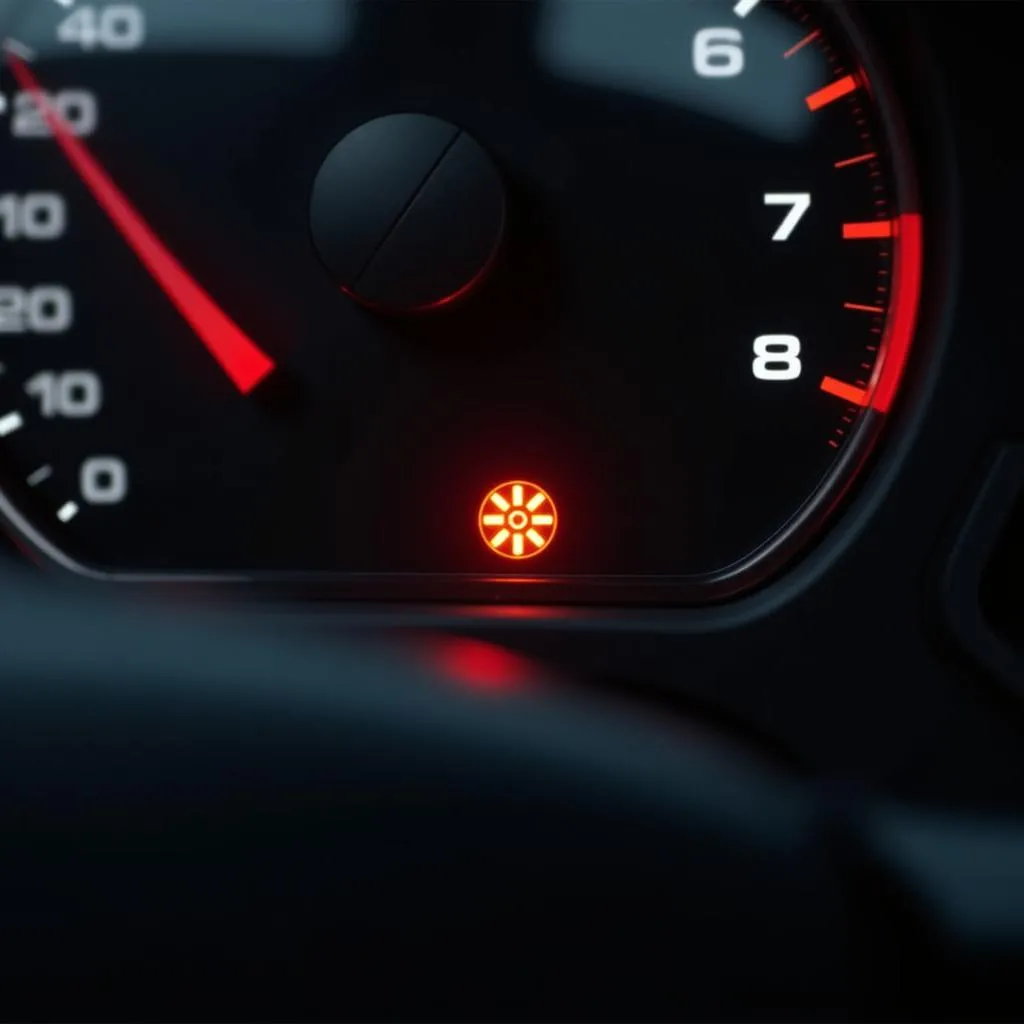Are you wondering about the lifespan of your car’s anti-theft system? It’s a question many car owners have, especially as their vehicles age. While these systems are designed for longevity, their lifespan isn’t always straightforward. Several factors can influence how long your anti-theft system remains effective.
Factors Affecting Anti-theft System Lifespan
1. System Type:
Just like any technology, anti-theft systems have evolved. Older systems, like basic alarm systems, might have a shorter lifespan due to wear and tear on physical components. On the other hand, newer, more sophisticated systems using transponder keys and immobilizers often have longer lifespans thanks to their software-driven nature.
2. Vehicle Age and Condition:
As your car ages, components naturally wear out. This includes parts of your anti-theft system. Exposure to the elements, dust, and vibrations can all contribute to system degradation.
3. Installation Quality:
A professionally installed anti-theft system will generally last longer than a poorly installed one. Faulty wiring or loose connections can cause problems down the line.
4. Maintenance:
While not as frequent as oil changes, your anti-theft system does benefit from periodic checks. A qualified mechanic can identify potential issues during routine maintenance.
5. External Factors:
Damage from accidents, attempted theft, or even rodent interference can impact your system’s functionality and lifespan.
Signs of a Failing Anti-theft System
- False alarms: Frequent and unexplained alarms can indicate a malfunctioning system.
- Intermittent starting problems: Difficulty starting your car, especially if it happens sporadically, might point to an issue with the immobilizer.
- Warning lights: Keep an eye on your dashboard. An illuminated security light or a flashing key symbol could signal a problem.
- Key fob malfunctions: If your key fob has a reduced range or stops working consistently, the battery might need replacement. However, it could also point to a deeper issue with the system’s receiver.
Troubleshooting and Repair
Diagnostics Tools: Modern vehicles rely heavily on software. If you suspect an issue, using a professional-grade OBD2 scanner can pinpoint the problem. These scanners can read error codes related to the anti-theft system, providing valuable insights.
Software Updates: Like your smartphone, your car’s software can become outdated. Automakers often release updates to improve security and fix bugs. Consulting your dealer or a trusted mechanic about potential software updates for your anti-theft system is a good practice.
FAQs
Q: Can I replace my car’s anti-theft system with an aftermarket one?
A: Yes, many aftermarket options are available. However, ensure you choose a reputable brand and have it installed by a qualified professional. Poor installation can lead to compatibility issues and even void your vehicle’s warranty.
Q: Does my car insurance offer discounts for having an anti-theft system?
A: Many insurance providers offer discounts for vehicles equipped with anti-theft devices. The discount amount can vary based on your provider, location, and the type of system installed. Contact your insurance agent to inquire about potential savings.
Expert Insights
“Many car owners don’t realize the importance of their car’s software until something goes wrong,” says automotive electronics specialist, Dr. Emily Carter, author of “The Connected Car: Understanding Modern Vehicle Systems”. “Regular diagnostics and software updates are crucial for maintaining the optimal performance of your vehicle, including the anti-theft system.”

